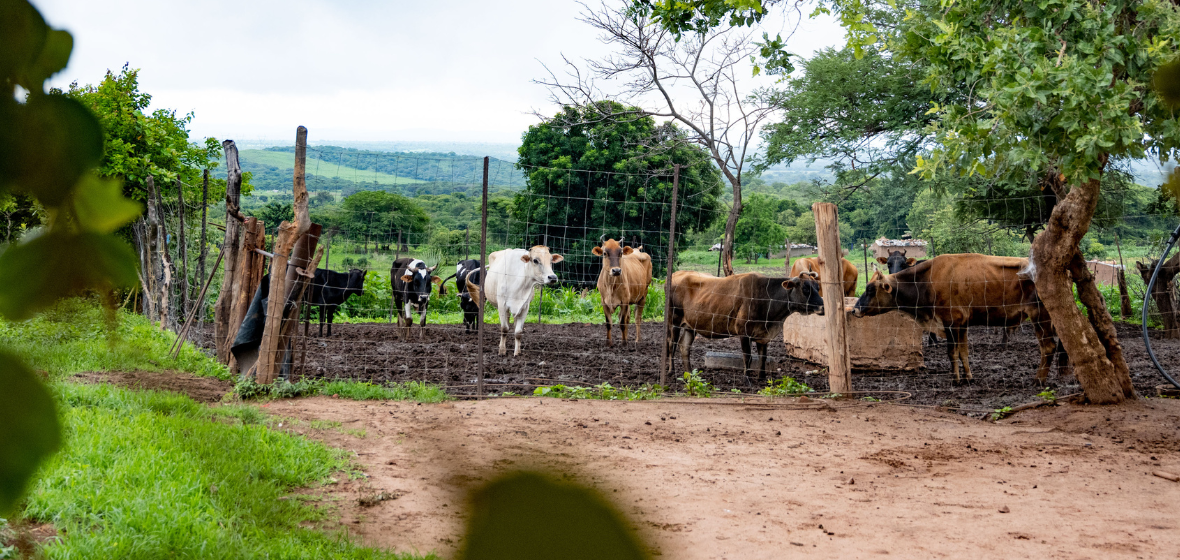
BLOGS, ARTICLES AND NEWS
Get updates directly from the CA4SH Global team and stakeholders
World Soil Day Book Launch: My Family Cares for Soil
5 December 2024, on World Soil Day, the Coalition of Action for Soil Health (CA4SH) is pleased and privileged to share the latest creative writing initiative from Eliseus Bamporineza of #Youth4Soil called My Family Cares for Soil.
Eliseus is spearheading a much-needed and much-enjoyed space of creative advocacy in the global soil health movement. His dedication to his craft is evident through his independent writing and ever-growing bibliography.
My Family Cares for Soil is an engaging and educational booklet that follows a young girl’s journey as she explores soil health monitoring alongside family members. Each family member uses specific tools, like pH meters, moisture meters, and drones, to gather and analyze data on soil quality, helping the child understand the importance of caring for soil to improve farming outcomes.
CA4SH at COP29: Advancing Soil Health and Green Fertilizers for Climate, Economic, and Nutritional Resilience
On 19 November 2024, CIFOR-ICRAF, RTI International, the Coalition of Action 4 Soil Health (CA4SH), the U.S. Department of Agriculture (USDA) and the Sustainable Productivity Growth (SPG) Coalition co-hosted a side event at the US Centre at the UN Climate Conference COP29 in Baku, Azerbaijan.
Speakers stressed the importance of investing in soil health, sustainable agricultural productivity growth, and green fertilizer solutions to strengthen food and nutrition security, restore ecosystems, and drive sustainable, inclusive economic growth.
One Acre Fund Campaign | Closing the climate finance gap for smallholder farmers in Africa
Smallholder farmers across sub-Saharan Africa are already witnessing the devastating impacts of climate breakdown on their soils and crop yields, and by extension their livelihoods and wellbeing.
This issue isn’t unique to sub-Saharan Africa. Across the globe smallholder farmers are contending with ever more erratic temperatures and weather patterns as a result of the climate emergency. In the face of failing harvests and limited income, most smallholders lack the means to build resilience to these climate shocks.
Why is climate finance important?
What's the cost of building climate resilience for smallholder farmers?
Learn more and access campaign assets here
Community stewards in Uganda turned their village into a forest
In the small village of Kikandwa, in the Mityana district of Uganda, villagers have transformed their landscape by sheer force of will, a commitment to healthy soils, and by working together to form the Kikandwa Environmental Association (KEA).
From hunger to hope: Kenya’s transition towards sustainable food production
By Harry Johnstone
“Justus Ndemwa is sitting on an empty plastic water canister. He looks away. His voice is soft and faltering. “For five years the rains have failed,” he says.
Some days, the 72-year-old, who suffers from anaemia, eats only rice or beans. He is not alone. Now because of the high cost of food and the impacts of climate change, millions of Kenyans face hunger every day. As the situation persists, something, surely, has to change.”
Read the full article from The Aga Khan Development Network (AKDN).
Meet Our Members: Survivor Aid
Meet Survivor Aid; a youth-led NGO based in South Sudan who are working to empower smallholder farmers to adopt sustainable farming methods that are good for people and the planet.






